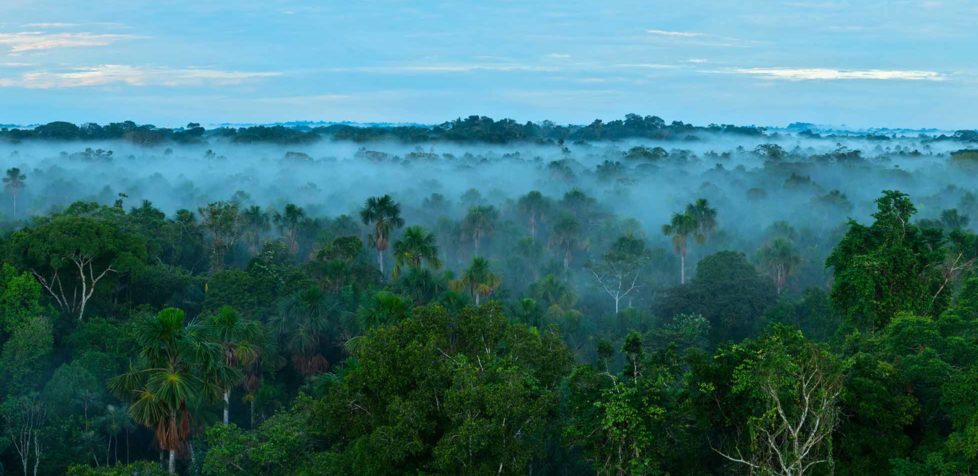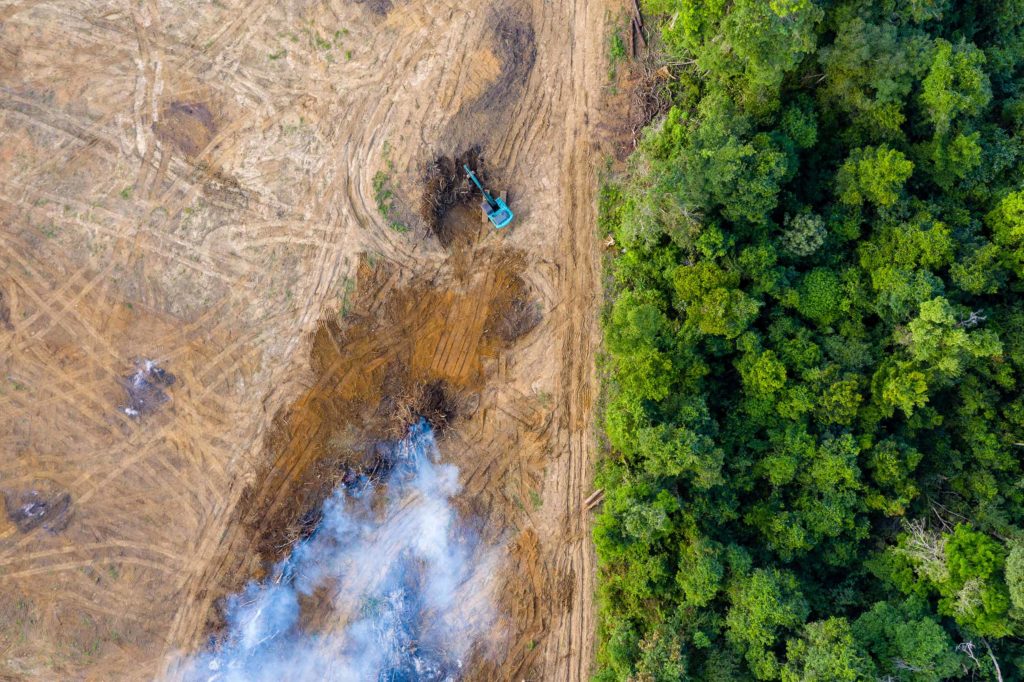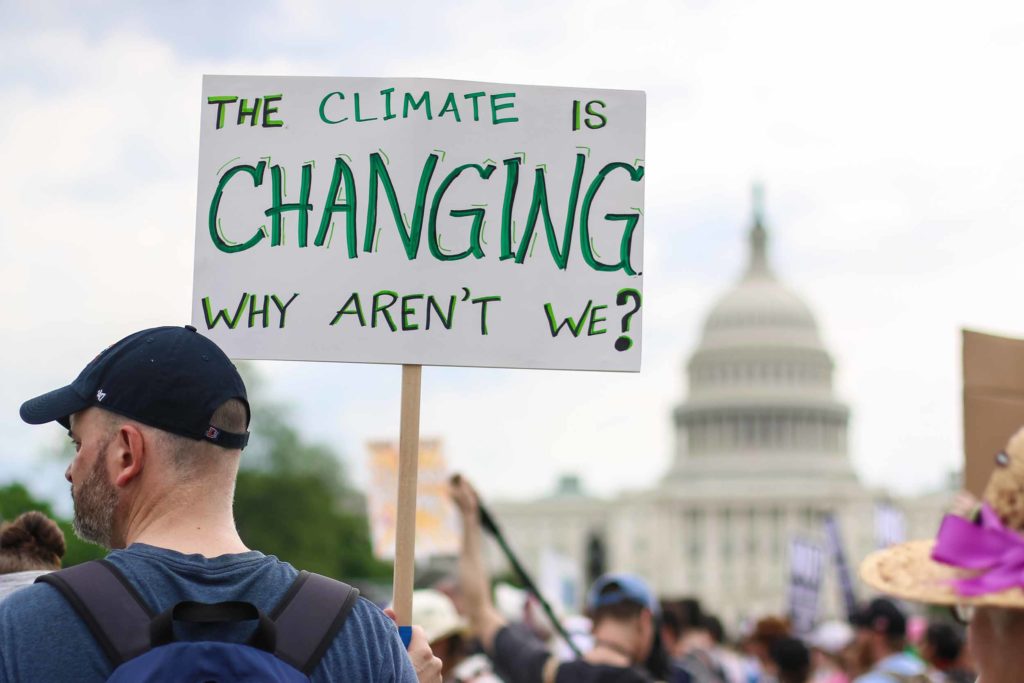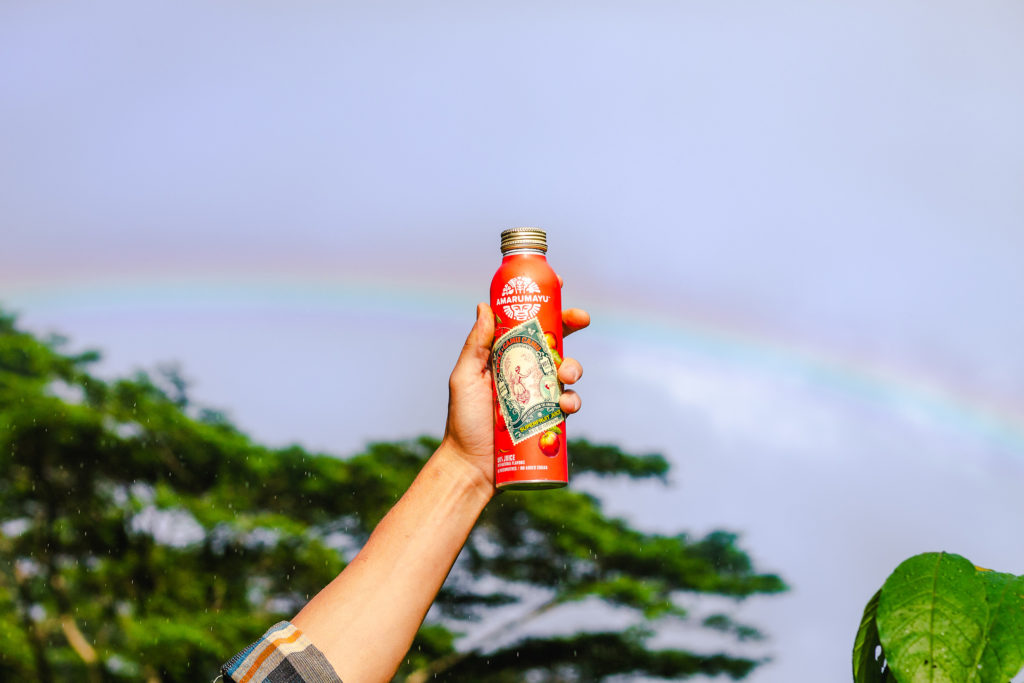Is Climate Change Real, and If So, What Can I Do About It?

If climate change is going to affect our lives, then many consumers reason that it only makes sense that it should affect what they buy.
Is Climate Change Real?
Yes. In fact, it’s easy to observe.
The Intergovernmental Panel on Climate Change, the committee organized by the United Nations to study the issue, reported: “Human interference with the climate system is occurring, and climate change poses risks for human and natural systems.”
We can see it all around us. Glaciers grow smaller. The severity of weather systems is much more pronounced around the world. Yes, climate change is real. And nowhere is that more important than in some of the most precious environments on earth—environments that help sustain us.
One such environment is the Amazon Rainforest.

Climate Change and the Amazon Rainforest
Naturally, most people want to see the planet in a healthy state. And to support that, they understand the importance of a major climate ecosystem like the Amazon Rainforest.
A study came out just recently that looked at how recent impacts on the rainforest are affecting the climate, and the results were surprising. Among other things, the article found:
- The Amazon is a massive store of carbon. When naturally trapped within all of that vegetation, the carbon goes to good use: promoting and nourishing life on Earth. But “Drying wetlands and soil compaction from logging, for example, can increase emissions of the greenhouse gas nitrous oxide.” In other words, to curb global warming, we have to keep the Amazon as it was intended to be.
- An analysis of climate scientists showed that “rising deforestation might so alter the flow of [the Amazon’s moisture] that it could push large stretches of the Amazon toward a permanent transition to a drier woodland savanna.” It may only take 20-25% deforestation of the Amazon to make this happen, which is quite alarming given that the Amazon is already 17% deforested.
- Fortunately, the damage can still be reversed. But “curbing Amazon deforestation is a must, along with reducing dam building and increasing efforts to replant trees.”
The Amazon is much more than simply a lot of trees, but how we respect those trees will have a major impact on our efforts to curb global warming.
What does that have to do with you as a consumer?
We have a few ideas.

Making Your Dollars Count
As a consumer, every dollar you spend, and where you spend those dollars, really matters.
That’s why it’s important that you know where your groceries come from. Do you support products that promote a healthy relationship with the gift of the Amazon, or do you consume products that promote deforestation?
Here are some tips for making sure that you fall under the category of the former:
- Check your regular grocery bill against common products that cause deforestation. This is the place to start, because it means you can immediately cut back on the most problematic products. Do you need 4-ply toilet paper, or can you contribute to toilet tissue made from sustainable bamboo? Just one small replacement can have an immediate impact on the way you interact with the environment.
- Make sure that your Amazonian superfruit products work sustainably with local providers. That’s what we do at AMARUMAYU. We recognize the rare gifts of the Amazon, such as the Camu Camu and Buriti Superfruits, which is why we’re so careful to work with the indigenous communities of the Amazon to ensure that the superfruits we acquire are sustainably wild-harvested, thereby ensuring a bright future for the Amazon.

It’s possible to change your impact on the Earth, starting right now.
Here at AMARUMAYU, we won’t accept fruit from trees that have been felled, nor will we harvest so much fruit from any given tree that it neglects the needs of the local wildlife and of re-seeding. Our goal: to treasure the precious Amazonian ecosystem, not destroy it.
Want to learn more?
Check out our Youtube video that covers the Top 3 Threats to the Amazon and how you can help!
